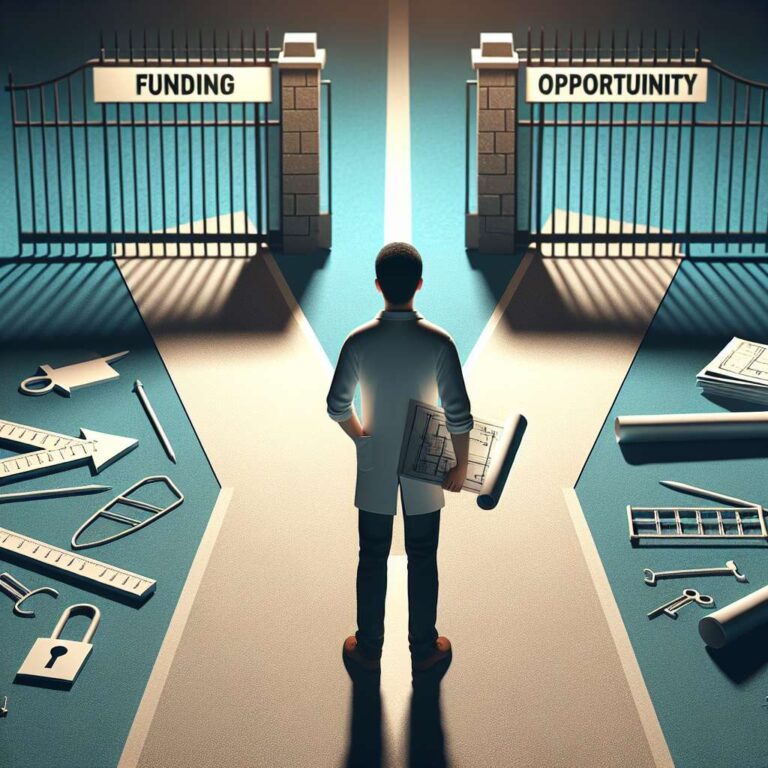MIT Technology Review surveyed recent Innovators Under 35 cohorts to understand how the Trump administration’s policies are changing early-career scientific careers. Of 210 people contacted across six cohorts, 37 completed a survey and 14 took part in follow-up interviews. Most respondents are academic researchers (about two thirds) and 81% are based in the United States; 11 respondents work in the private sector. Twenty six said their work has been affected by the administration’s actions, and 25 described the impact as primarily negative.
The most immediate effect has been financial. Respondents reported canceled and delayed grants across federal agencies. The administration ended more than a thousand National Institutes of Health awards and over 100 climate-related National Science Foundation grants, and the NSF cut the number of graduate fellowships it funds by half this school year. The NIH also instituted a 15% cap on indirect costs, down from closer to 28% in 2023, and other agencies have proposed similar caps. Interviewees said those shifts have reduced lab hiring, cut student support, slowed disbursements, and pushed some researchers to seek philanthropic or industry funding, which respondents said cannot fully replace federal support.
Beyond money, many described a chilling climate for speech, research topics, and diversity work. Researchers reported changing how they describe projects to avoid words flagged as politically risky, including language around diversity, climate, regulation, safety, and ethics. Several interviewees said universities have received pressure tied to funding and that compliance agreements with the administration could limit institutional autonomy. Respondents also said tariffs have raised equipment costs for labs, while some cleantech firms see short-term supply-chain opportunities.
Immigration measures and enforcement added another layer of concern. The administration has revoked thousands of international student visas and signaled increased scrutiny of researchers from certain countries, producing anxiety about attracting and retaining talent and prompting some scientists to consider positions abroad. Many respondents warned that the cumulative effect of lost grants, constrained hiring, and a more risk-averse research environment will reduce innovation over time, even as a minority said they still view the United States as an attractive place to do science.

